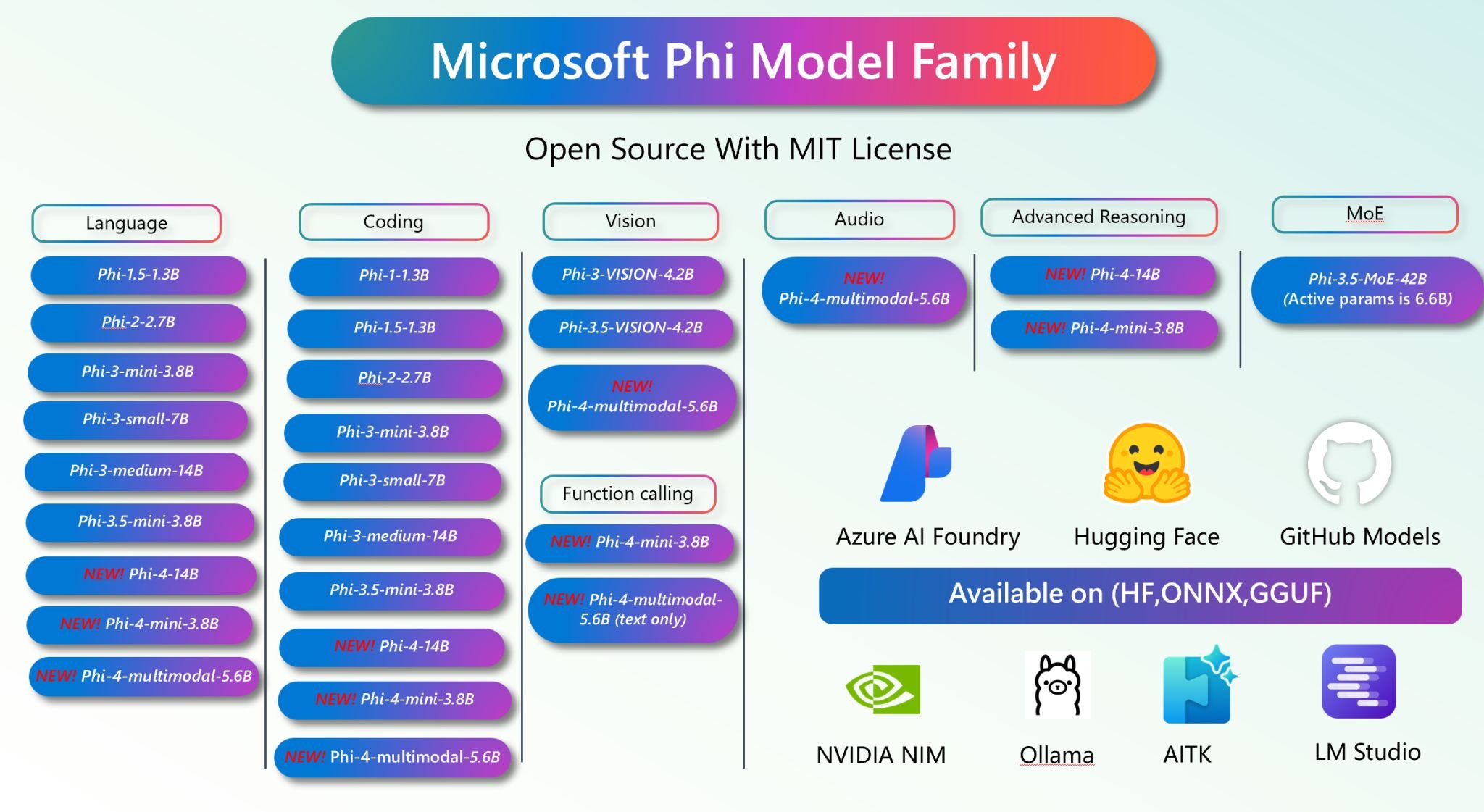Phi-4: Advancing Small Language Models with Synthetic Data and Enhanced Reasoning
The world of AI continues to innovate at lightning speed, and Microsoft Research's latest achievement, Phi-4, is setting new benchmarks in AI capabilities. Phi-4, a 14-billion parameter language model, uniquely prioritizes data quality and advanced reasoning capabilities, significantly outperforming larger counterparts on STEM-focused evaluations.
Key Innovations Behind Phi-4
1. Strategic Use of Synthetic Data
Phi-4's strength lies in its extensive use of synthetic datasets, created using advanced techniques like multi-agent prompting, self-revision workflows, and instruction reversal. These methods not only generate rich datasets for pretraining but also foster stronger reasoning and problem-solving skills, addressing weaknesses common in traditional datasets.
2. Meticulous Data Curation
Organic data, including academic texts, web content, and coding examples, are rigorously curated and filtered. This high-quality data forms the foundation for Phi-4’s synthetic generation pipelines, ensuring diversity, accuracy, and educational value.
3. Innovative Post-training Strategies
Phi-4 leverages post-training enhancements, including Supervised Fine-Tuning (SFT) and Direct Preference Optimization (DPO), employing novel techniques like Pivotal Token Search (PTS) to improve the accuracy, reasoning capability, and alignment of its responses.
Phi-4’s Impressive Performance
Phi-4 excels particularly in STEM-focused tasks:
MATH Benchmark: Phi-4 achieved an impressive 80.4%, surpassing GPT-4o.
GPQA: Demonstrated exceptional proficiency with a 56.1% score, showcasing superior performance in graduate-level STEM questions.
HumanEval (coding): Phi-4 scored 82.6%, leading among open-source models.
Tackling Key AI Challenges
Phi-4 addresses significant challenges:
Reducing Overfitting: Enhanced data decontamination and testing on fresh benchmarks, like the AMC math competitions, ensure that Phi-4 truly generalizes beyond training data.
Minimizing Hallucinations: Phi-4 uses specialized post-training techniques to drastically reduce incorrect or misleading outputs, resulting in more reliable and factual responses.
Innovations with Pivotal Token Search (PTS)
Phi-4 introduces Pivotal Token Search (PTS), an advanced technique that pinpoints crucial tokens influencing problem-solving accuracy. By focusing on these pivotal tokens during training, Phi-4 significantly enhances its capability to reason and produce accurate, robust outputs.
Areas for Improvement
Despite its strengths, Phi-4 does have some limitations:
Difficulty in strictly adhering to detailed instructions, particularly formatting.
Occasional mistakes in basic numerical comparisons or arithmetic.
Conclusion
Phi-4 demonstrates that strategic data enhancements and careful training can enable smaller models to achieve remarkable reasoning and performance, rivalling—and in some cases surpassing—much larger models. Its development highlights the importance of data quality and innovative training techniques, marking a new milestone in AI model capabilities.
Discover more insights into Phi-4’s innovative approach by exploring Microsoft's official technical report.
Link to full technical report: https://www.microsoft.com/en-us/research/wp-content/uploads/2024/12/P4TechReport.pdf

